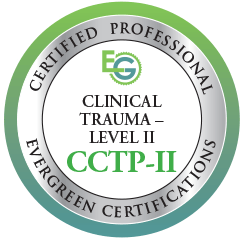Contact Info
Serving Marin County, the North Bay and all of California
415.785.4202
Design & Consultation: GrowYourTherapyPractice *
Serving all California residents.
Complex Trauma
What is Complex Trauma?
Complex Trauma differs from Single Event/Shock Trauma in that the life-threatening experience is endured or repeated over an extended period of time. As a result, Complex Trauma leaves deeper imprints in the brain and therefore requires longer and more intensive treatment to bring relief.
Complex Trauma of Childhood
Trauma in childhood is the most common form of Complex Trauma. Childhood trauma can take many forms -- from severe neglect to physical, emotional, or sexual abuse. Compared to adults, infants and children have far fewer resources to deal with trauma, especially in the absence of a soothing and caring adult. In addition, major brain networks continue to form and grow rapidly during the first six years of life. So when a child’s sense of safety and security is repeatedly disrupted during that critical period, the parts of the brain responsible for calming the nervous system are affected. This influences how the child, and later the adult, reacts to his/her environment.
In addition, traumatized children often blame themselves for what happened to them. This can lead to enduring feelings of shame, self-criticism and anger, along with negative beliefs about themselves and others that can persist into adulthood.
Complex Trauma in Adults
Complex trauma is not limited to childhood--it can also occur in adults. For example, domestic violence or military combat both involve repeated exposure to potentially life-threatening experiences that can result in a chronic state of alarm.
©2025 Copyright | All Rights Reserved | David Campell, MD




